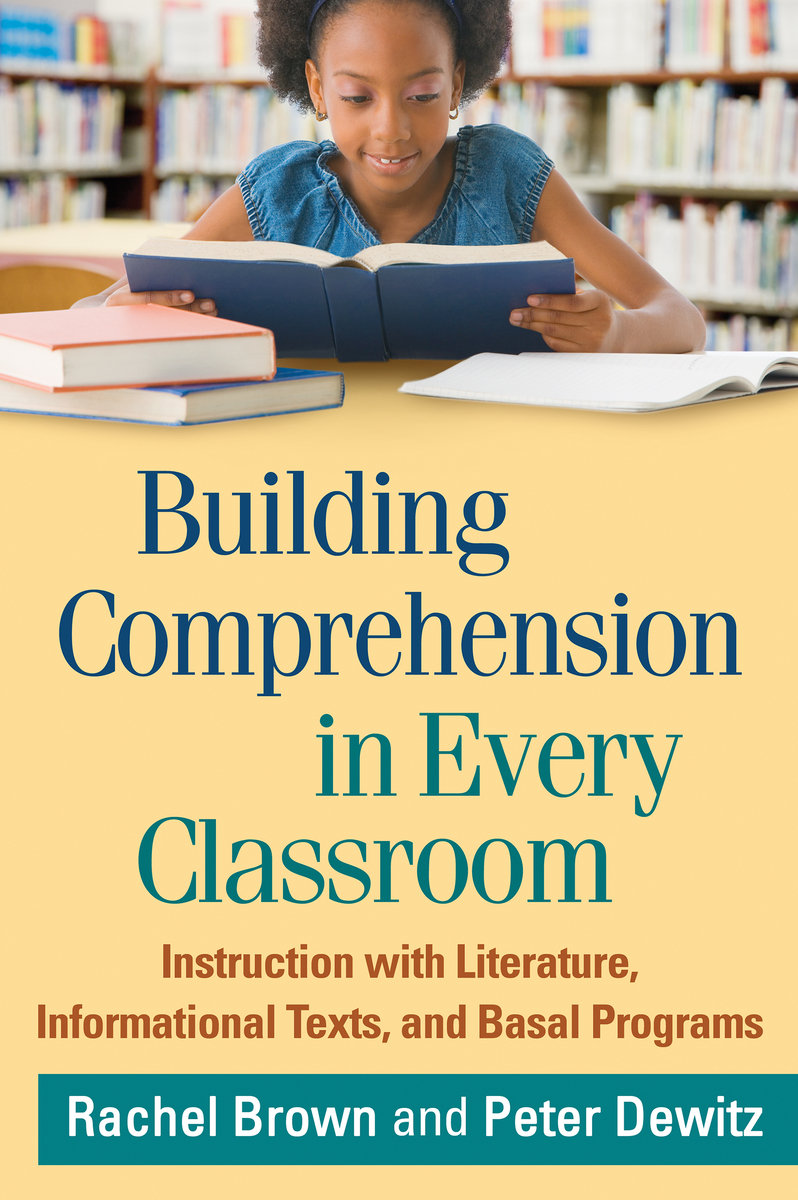This book presents a practical model and specific unit- and lesson-planning ideas for enhancing students' reading comprehension in any 2-8 classroom. The authors provide innovative suggestions that help teachers construct a comprehension curriculum organized around literature, informational texts, or a basal reading program. Vivid case examples and vignettes bring to life ways to build the knowledge, strategies, and motivation that children need to engage with different types of texts and become proficient, enthusiastic readers. Graphic elements throughout the volume link instructional and assessment practices directly to the Common Core standards.


